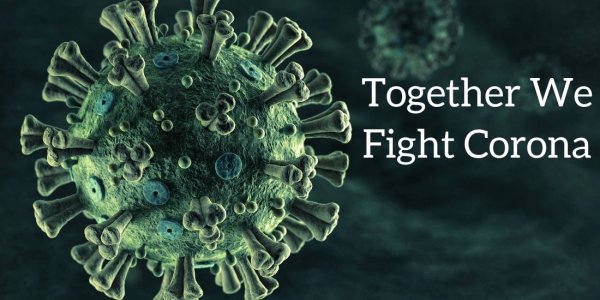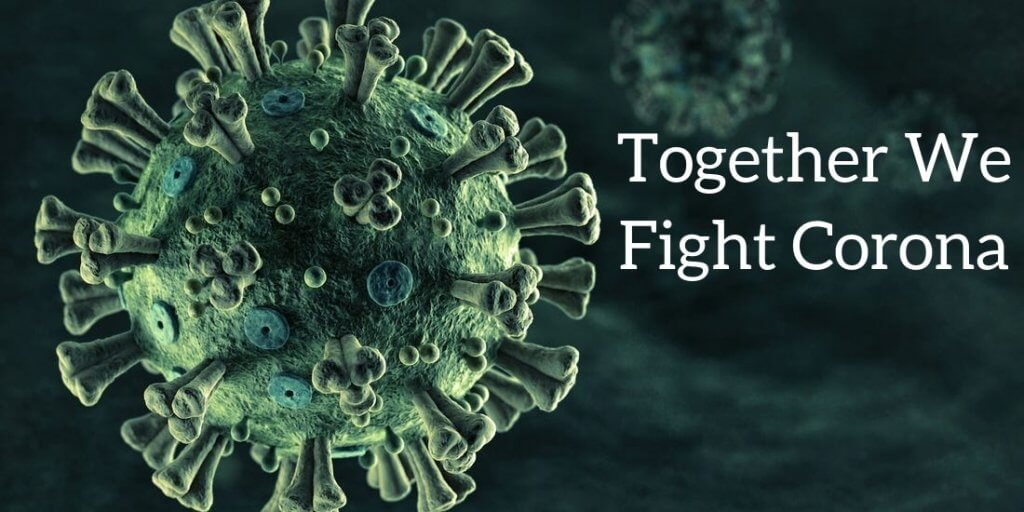TOGETHER: Community Organizations and Government to Fight COVID-19

By Momin Iqbal Lodhi
Learners’ Republic, Tabadlab, and Akhuwat organized a virtual roundtable conference on 27th March 2020. Representatives of community organizations, healthcare professionals, social workers, journalists, economists, former civil servants, and academics participated in the meeting. The meeting was moderated by Mosharraf Zaidi.
Mr. Zaidi shared the objectives of the meetings as follows:
- To understand the current mechanisms of community and government coordination to help vulnerable people during COVID-19 lockdown.
- How to ensure the safety and protection of community workers?
- How can society at large support community organizations?
In his opening address, founder of Akhuwat, Dr. Amjad Saqib shared how his organization is operating through the mosque network across the country. He shared that Akhuwat is currently involved in five areas and relying mainly only mosques to reach out to needy people:
- Delivery of cooked food
- Ration boxes
- Cash Handouts:
- Assistance to healthcare staff
- Collective Efforts
Other community organizations including RIZQ also shared their strategies.
Emerging Problems:
Muhammad Kamil Quddus, a social worker based in Rawalpindi, shared some of the problems that the households are facing which include:
- The distribution of food at public places is problematic as it requires large gathering and interactions.
- People are facing disruption in getting potable water. Every house does not have access to potable water due to which people have to get water from distant filtration plants.
- In many households, LPG cylinders were used for cooking food. Due to the current lockdown, people are not able to get the cylinders refilled.
- Disabled people are also vulnerable to this situation. Special effort is needed for taking care of these people.
- In-house social distancing is not possible for poor households. The houses that consist of one room eliminate any possibility of social distancing.
- Dr. Shimial Daud said, “It might be difficult to control the law and order situation in hospitals if the system is overburdened which will add to more burden to the weak healthcare system.”
Operational:
- Dr. Amjad Saqib suggested that Community organizations and the government have their respective domains. The government’s work pertains to managing the healthcare sector and macro-economic implications. The food distribution should be undertaken in close coordination with the community organizations.
- Devolution of power to the deputy commissioners can help in managing this crisis at a micro-level. More resources should be allocated to them. They can coordinate efforts at the district level more effectively than the central government. They can act as a liaison between the community organizations and the government.
- The distribution system of ration bags can be made possible by making the mosques distribution centers. Mosques have a good outreach all across Pakistan. Only in the city of Lahore, there are more than 24,000 mosques. If after the call for prayers, there is an announcement that if anyone is hungry he/she can get a ration bag for their family it will help in eliminating hunger.
- Networking with the Union Councils will enable to create multiple points of distribution making it possible that all the deserving people may get food supplies.
Coordination:
- Dr. Shimail Daud said that the government and health sector are working in silos. Both need to be on the same page in this war-like situation. If people are mishandled when they are quarantined this might lead to unwanted chaos at this crucial time. The number of COVID-19 testing kits is low but there are other tests available that can be used for testing patients. Quarantine centers should be connected to hospitals to contain the virus.
- Mr. Musa Aamir, co-founder of RIZQ shared that, individual community organizations are actively trying to address the needs of people, but during this state of emergency, they also can come together to bring resources and solutions to the table for the community through a platform. A technology-powered solution should devise a portal to avoid the duplication of effort by the community organizations. The community organizations can upload the data about the areas in which they are assisting and identify the areas where there is a vacuum for such an effort. Moreover, tagging of the food supplies can be done to verify that if the food supplies are delivered to the deserving people. This tagging system can also be linked with the platform.
Reforms:
- A public functionary suggested, the real problem is the structural economic vulnerability of people. If the government keeps on working on this ‘trickle-down’ model, then it cannot extend social security to all the people. Per Article 38(b) of the constitution, the state’s resources should be used for ensuring facilities for work and adequate livelihood with reasonable rest and leisure. A fair taxation system and awareness among the public can help to reform the economic system.
Way Forward:
It was discussed that another meeting will be planned within a week in which Akhuwat will invite other community organizations as well. Dr. Amjad Saqib suggested that this forum can provide research support to community organizations.
The participants also urged that media should appreciate community organizations and also spread the word among masses to support community organizations through financing and volunteer work.
————————-
Momin Iqbal Lodhi studies Accounting and Finance at LUMS and is interesting in socioeconomic development.




